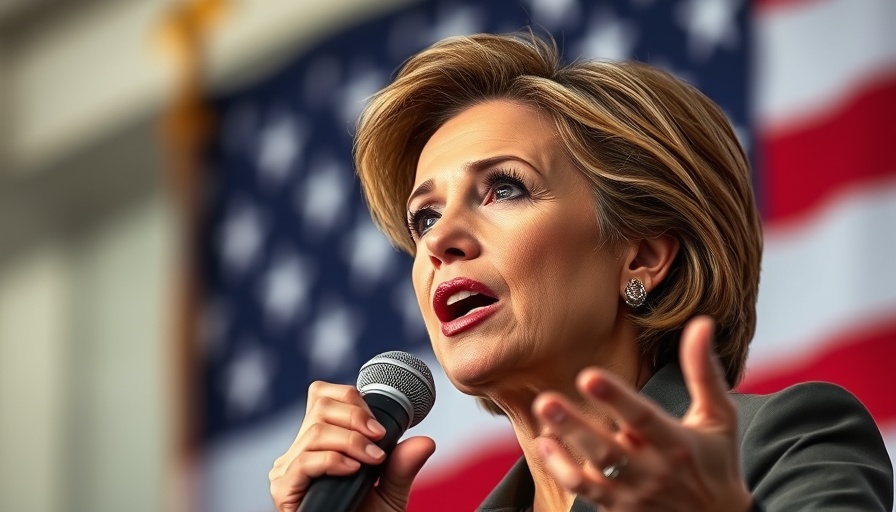
New Media: The Game Changer for Democrats
As we approach the 2026 elections, an urgent message rings louder than ever within political corridors: Democrats need to adapt to the nuances of new media or risk an uphill battle. David Pakman, a progressive podcast host and influential voice among younger voters, has sounded the alarm on this critical shift. He asserts that ignoring platforms like podcasts could lead to disastrous consequences for the Democratic Party.
The Fallout of the 2024 Election Lessons
The 2024 elections served as a glaring warning for the Democrats. With former President Donald Trump demonstrating significant support through effective media strategies, his ability to harness platforms like social media and alternative news channels highlighted a gap in the Democratic approach. Pakman argues that the party must take comprehensive lessons from this experience, positioning itself better for future engagements with an increasingly media-savvy and digitally connected electorate.
Why New Media Matters in Today’s Political Landscape
In an age where traditional news are facing scrutiny and dwindling trust, new media is where many voters are actively consuming content. Podcasts, YouTube channels, and social media influencers shape public opinion. Ignoring these channels, according to Pakman, is perilous for a party that needs to engage with younger voters, a demographic that increasingly bypasses mainstream media.
Examples of Successful Engagements with New Media
Successful campaigns have already embraced this shift. For instance, the 2020 presidential campaign saw candidates leveraging platforms like TikTok and Instagram to engage with younger audiences. The effectiveness of these strategies cannot be understated: candidates who integrated social media savvy into their campaigns were able to communicate their messages in relatable ways, ultimately mobilizing young voters to the polls.
What Democrats Risk by Ignoring New Media
A continued reluctance to engage with new media could leave the Democrats facing existential threats. The audience of traditional news networks is shrinking, and thus, strategies reliant solely on these platforms may not resonate with the desired demographic. Pakman stresses that the failure to innovate in media engagement could result in significant voter apathy and loss of trust in party promises, leading to diminished influence in national discourse.
Future Predictions: A Call for Action
Looking ahead, the progressive podcast host predicts that unless the party actively cultivates relationships within new media ecosystems, they may find themselves sidelined. Monitoring trends and aligning strategies across multiple platforms is not merely a suggestion; it is an urgent call to action. Failure to pivot into new media means that the Democrats could be left echoing their vulnerabilities as they head into the 2026 elections.
Community Engagement: Building Back Trust
Engaging directly with voters through new media channels can restore trust that may have waned over past election cycles. Encouraging grassroots movements, where local representatives share their voices online, could akin the party to their constituents in ways traditional campaigns often fail to do. Delivering genuine narratives and highlighting local issues through relatable formats on social media or podcasts can break barriers that have long existed.
Concluding Thoughts: Innovate or Fall Behind
The clear message from David Pakman is that the time for action is now. The insights gained from previous elections combined with the current media landscape should inspire a comprehensive strategy overhaul within the Democratic Party. It’s time for the party to harness the potential of new media aggressively, or they could face the dire consequences that come with ignorance—a reality they cannot afford as 2026 approaches.
 Add Element
Add Element  Add Row
Add Row 



Write A Comment